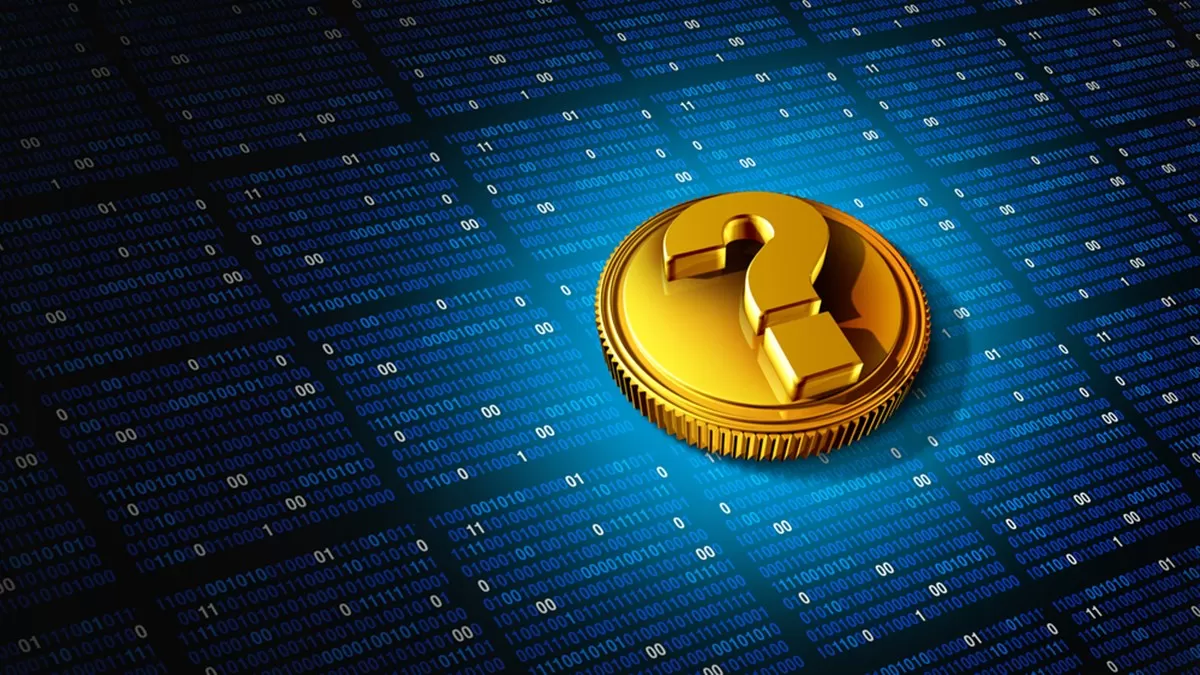Thailand Regulator Issues Clear Rules for G-Tokens Issuance

The Securities and Exchange Commission (SEC) of Thailand has restricted its tokenized government bonds, G-Token, from being used as a means of payment.
The regulator laid out clear rules on G-Tokens, emphasizing that the intention is not to use them for trading like other cryptocurrencies, per a Bangkok Post report.
“We want to ensure that G-Token serves as a useful, technology-driven investment innovation — not merely a speculative tool,” SEC secretary-general Pornanong Budsaratragoon said.
On May 13, Thailand’s Ministry of Finance announced the launch of $150 million worth of digital investment tokens, to allow the general public to purchase government bonds via blockchain-based tokens.
G-Token will be the first government-issued digital token to raise public funds and help cover its budget deficit.
G-Token to Be Issued Through IPO
Jomkwan Kongsakul, SEC’s deputy secretary-general, noted that the government tokens would be issued via an initial coin offering (ICO) portal. The Finance Ministry would serve as the registrar, she said.
The SEC further said that the official launch is scheduled for July this year, and details, including interest rate, maturity, and collateral, will be announced before the launch.
Besides, the regulator held public talks on the regulatory framework of G-Token to gather feedback, with a 15-day window.
“Unlike government bonds or equities, a G-Token is not a debt instrument, and therefore it falls under the Digital Asset Act, not traditional public debt laws,” Jomkwan Kongsakul, deputy secretary-general of the SEC noted.
Investors having digital wallets with authorized crypto exchanges can directly invest in G-Token, the rules read. Meanwhile, for investors using security firms as intermediaries, the firm will keep custody of the token.
Thailand’s Digital Bond Tokens Tradable on Secondary Market
Jomkwan noted that these tokens can be tradeable on a secondary market. This provides investors “with options to either trade or hold until maturity.”
“This structure offers exit opportunities while maintaining a savings-oriented investment approach,” she added.
The SEC will be responsible for the supervision of G-Token trading in the secondary market. Besides, the regulator will focus on anti-market manipulation measures, trading transparency, and investor protection.
The post Thailand Regulator Issues Clear Rules for G-Tokens Issuance appeared first on Cryptonews.
Thailand Regulator Issues Clear Rules for G-Tokens Issuance

The Securities and Exchange Commission (SEC) of Thailand has restricted its tokenized government bonds, G-Token, from being used as a means of payment.
The regulator laid out clear rules on G-Tokens, emphasizing that the intention is not to use them for trading like other cryptocurrencies, per a Bangkok Post report.
“We want to ensure that G-Token serves as a useful, technology-driven investment innovation — not merely a speculative tool,” SEC secretary-general Pornanong Budsaratragoon said.
On May 13, Thailand’s Ministry of Finance announced the launch of $150 million worth of digital investment tokens, to allow the general public to purchase government bonds via blockchain-based tokens.
G-Token will be the first government-issued digital token to raise public funds and help cover its budget deficit.
G-Token to Be Issued Through IPO
Jomkwan Kongsakul, SEC’s deputy secretary-general, noted that the government tokens would be issued via an initial coin offering (ICO) portal. The Finance Ministry would serve as the registrar, she said.
The SEC further said that the official launch is scheduled for July this year, and details, including interest rate, maturity, and collateral, will be announced before the launch.
Besides, the regulator held public talks on the regulatory framework of G-Token to gather feedback, with a 15-day window.
“Unlike government bonds or equities, a G-Token is not a debt instrument, and therefore it falls under the Digital Asset Act, not traditional public debt laws,” Jomkwan Kongsakul, deputy secretary-general of the SEC noted.
Investors having digital wallets with authorized crypto exchanges can directly invest in G-Token, the rules read. Meanwhile, for investors using security firms as intermediaries, the firm will keep custody of the token.
Thailand’s Digital Bond Tokens Tradable on Secondary Market
Jomkwan noted that these tokens can be tradeable on a secondary market. This provides investors “with options to either trade or hold until maturity.”
“This structure offers exit opportunities while maintaining a savings-oriented investment approach,” she added.
The SEC will be responsible for the supervision of G-Token trading in the secondary market. Besides, the regulator will focus on anti-market manipulation measures, trading transparency, and investor protection.
The post Thailand Regulator Issues Clear Rules for G-Tokens Issuance appeared first on Cryptonews.
 Thailand is set to launch $150 million worth of digital investment tokens, marking a step toward financial inclusivity for retail investors.
Thailand is set to launch $150 million worth of digital investment tokens, marking a step toward financial inclusivity for retail investors. 
